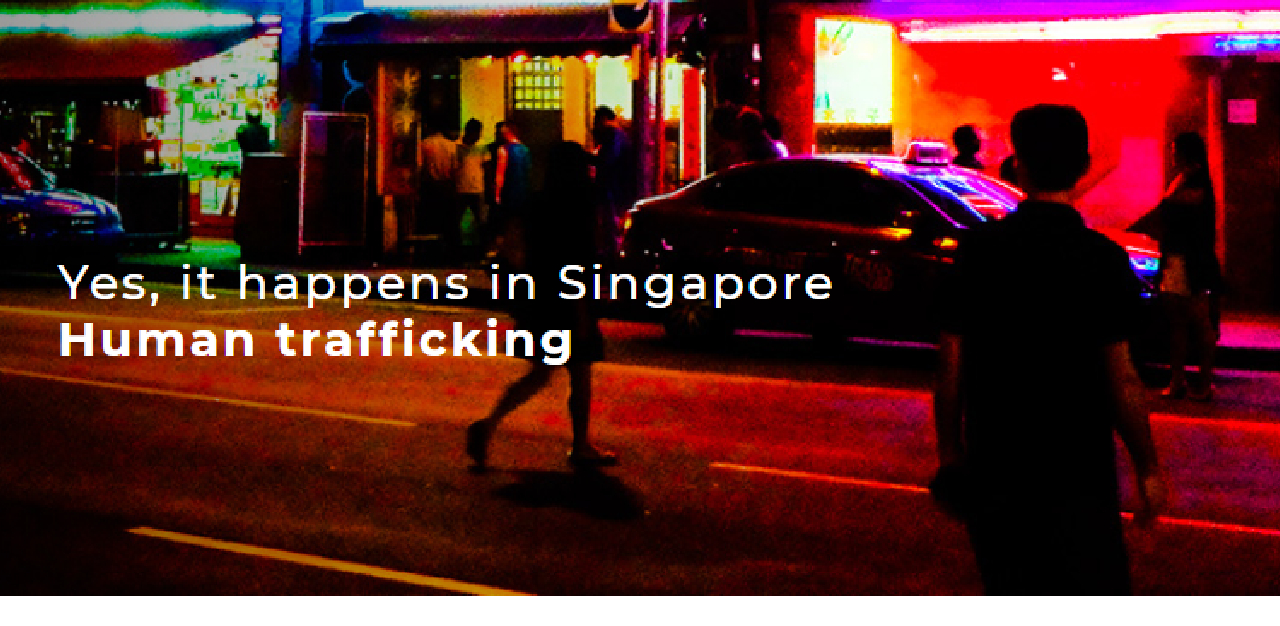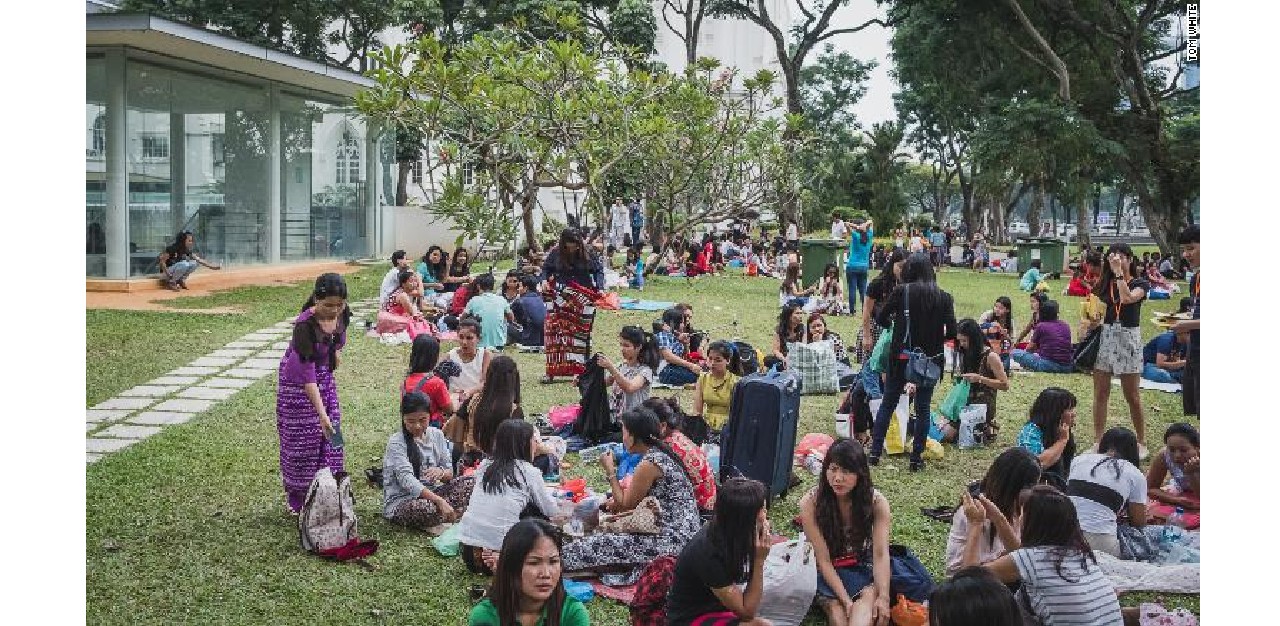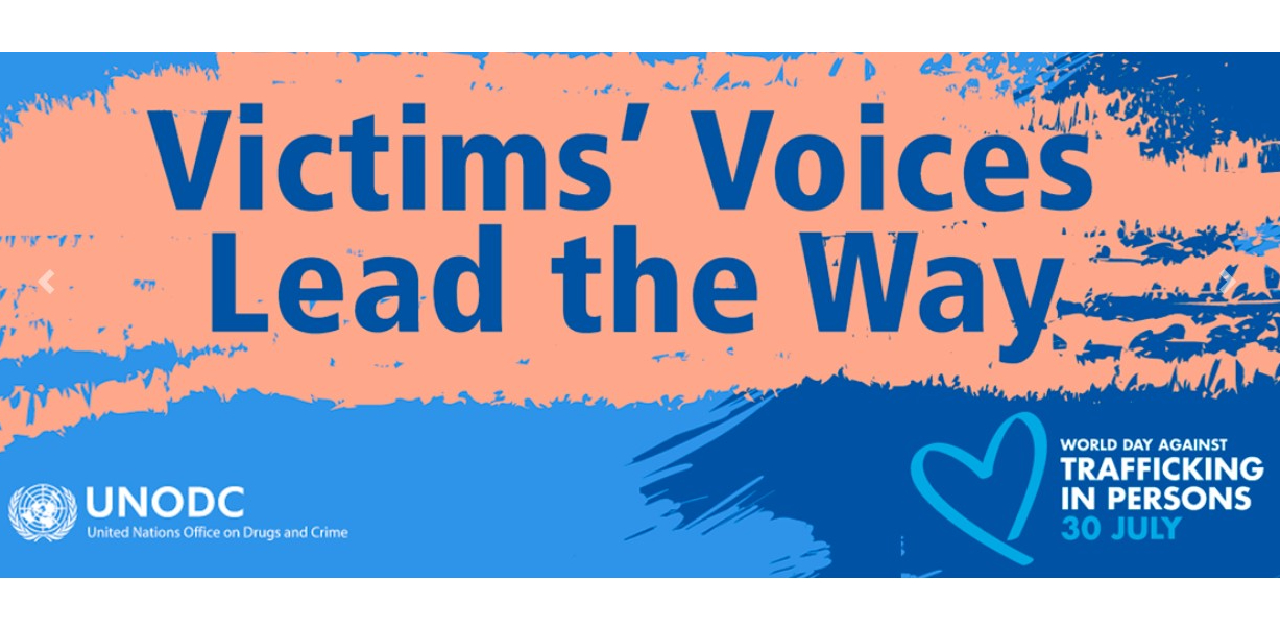Subjected to oppressive conditions. Passports and work permits confiscated. Made to sell her body and prostitute herself. Endured physical and verbal abuse. These were the experiences of three human trafficking survivors from Bangladesh. They were promised jobs as dancers at two clubs at Boat Quay, but one of them, Shanti, was forced to “sell her vagina” and go out with customers to have sex with them. These are shocking details that one may not be able to imagine happening in Singapore. But it does.

What is human trafficking and how does it happen
Human trafficking is a systematic and transnational crime. It is based on three main factors:
a. The act of recruiting, transporting, transferring, harbouring or receiving a person.
b. By means of coercion, force, deception or abuse of vulnerability.
c. For the intent of exploitation.

Similar to the case of Shanti, many survivors are promised a better life, be it a job or marriage. But once they arrive, they are kept under surveillance with their freedoms stripped.
It usually starts with the survivor being in a dire situation back home and in search of a way out. Areesha was the eldest of her six younger sisters and had to work from a young age to see them through school. She was employed at a garment factory but the salary was too insufficient. Recruited by her boyfriend to teach dance in Singapore, Areesha took up the opportunity as he assured her that she would earn 10 times more.
Instead, Areesha was trafficked into Singapore and made to provide sexual services to customers at a dance bar. These survivors have difficulty escaping because important documents, such as their passports and work permits, are being held by the traffickers.
Furthermore, as shared by Shanti, she was locked in a house and not given keys to the place where she was living with the traffickers, Indian nationals Priyanka Batthacharya Rajesh and Malkar Savlaram Anant. She was also under ‘close surveillance and tight control over [her] movement and communications’. Her salary was also either withheld or kept by her traffickers, which prevented her from having the means to survive should she escape.
The survivors, like Shanti, would be lied to, intimidated or threatened if they tried to leave. For example, the couple ‘threatened [Shanti] with financial penalties’ if she returned to Bangladesh.
And just like that, the survivors are trapped and held captive in a seemingly neverending cycle.
Singapore’s fight amid the pandemic

Shanti and the other two women were only rescued after a tip-off to the police, and they proceeded to work with the Ministry of Manpower (MOM) in an operation.
In the 2021 Trafficking in Persons (TIP) Report by the Office to Monitor and Combat Trafficking in Persons under the US Department of State, it states that the Singapore Government has met the “minimum standards of eliminating trafficking”, and has continued “to demonstrate serious and sustained efforts during the reporting period, considering the impact of the Covid-19 pandemic on its anti-trafficking capacity.”’ Hence, Singapore remains on Tier 1.
These included the conviction or upholding of sex or labour trafficking conviction appeals, issuing grants to non-governmental organisations (NGOs) for campaigns in raising awareness of this issue, and “opening a temporary shelter to allow for social distancing”.
However, the report also states that the Government’s imposition of Covid-19 movement restrictions in migrant worker dormitories were longer than that for the rest of Singapore. Citing this, the report claims that it could have enabled the employers to “limit the movement of the migrant workers, and thereby possibly increase forced labour risks.” NGOs reported that frontline officers sent to migrant worker dormitories were focused on preventing the spread of Covid-19, and not actively looking out for signs of trafficking activities.
The report goes on to indicate that Singapore’s Government also identified fewer victims in 2021, and NGOs have expressed “concern” that some victims were not identified because they were threatened with ‘punishment or deportation’ by authorities who did not comprehend the ‘indebtedness and psychological coercion’ by their employers.
Prevention is the most important part of the anti-trafficking framework

These are the words of Shandra Woworuntu, a sex-trafficking survivor, who was exploited in the United States when promised a job in a hotel: “Prevention is the most important part of the anti-trafficking framework.”
Under Singapore’s prevention efforts, the inter-agency taskforce, co-chaired by the Ministry of Home Affairs and MOM, ‘coordinated anti-trafficking efforts’ through its ‘National Approach against Trafficking in Persons, 2016-2026’. Under this approach, the taskforce formulates national policies and programme’ to tackle and prevent human trafficking. Besides that, the Government also continued its S$80,000 grant that was issued to “civil society for awareness-raising campaigns”.
Having said that, the report finds that owing to the pandemic, the taskforce has failed to have its annual consultation with stakeholders, such as NGOs and businesses, to evaluate the approach. Much efforts by the taskforce representatives were also directed towards Covid-19 matters instead.
One way to prevent trafficking is to lower the risk of a migrant worker being indebted to the recruiting agents in Singapore, and in their countries. However, most of the migrant workers still pay fees to such persons, which is generally capped at two months’ salary.
One-quarter of Singapore’s labour force are foreigners and at risk of trafficking – which stands at 848,200. The unforeseeable end of the pandemic in Singapore maintains the vulnerability of both men and women to being trafficked, and the public is encouraged to be part of the taskforce in reporting signs of such activities.
Join the conversations on TheHomeGround Asia’s Facebook and Instagram, and get the latest updates via Telegram.














